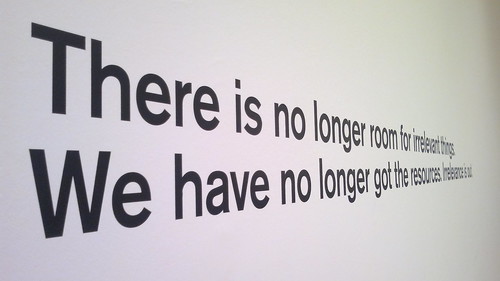Dan Frommer on Why the Kindle Fire is actually good for Google:
in the foreseeable future, as long as Kindle Fire users are still doing their web searches with Google, and as long as the Amazon Silk browser still displays Google’s ads, it’s still good for Google. Probably notasgood as if they were using a Motorola Xoom, but better than not using the web at all.
I don't see this as reason to celebrate in Mountainview. While web services and search will still benefit Google - Amazon's Android Marketplace, audio and video content, and expertise selling to consumers is a real threat to Google.
Don't expect Jeff Bezos to get a holiday card from Larry Page.
(Via SplatF)


